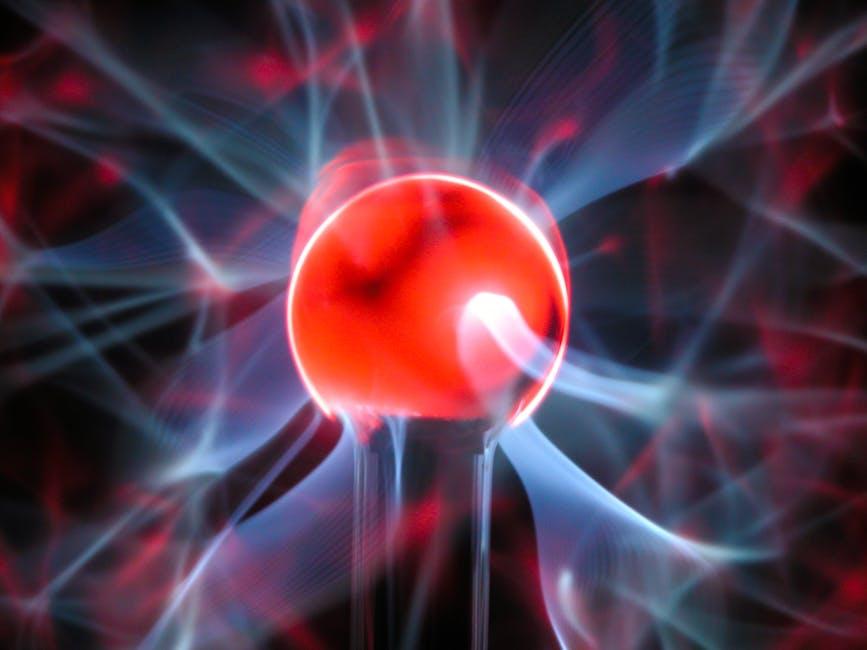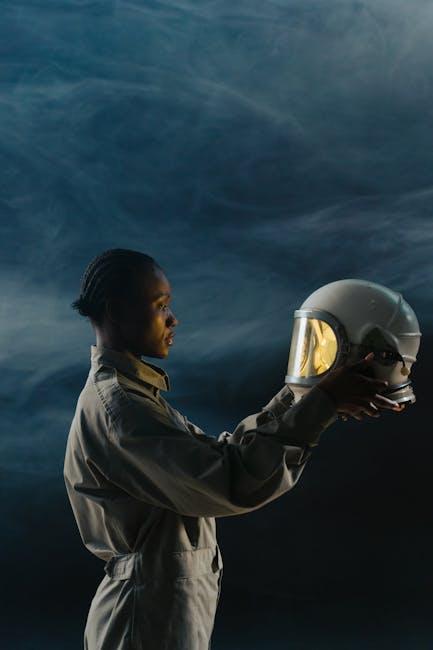In an era marked by rapid technological advancements and unprecedented global challenges, science fiction television has emerged as a compelling avenue for both escapism and introspection. With its unique ability to blend speculative imagination with complex narratives, the genre offers viewers a chance to explore alternate realities while reflecting on contemporary issues. This article delves into some of the most gripping sci-fi shows available today, analyzing how they captivate audiences with their innovative storytelling, intricate world-building, and thought-provoking themes. By examining the elements that contribute to their allure, we aim to understand the enduring appeal of science fiction as a medium that not only entertains but also provokes meaningful contemplation about the future of humanity.
Exploration of Futuristic Societies and Their Impact on Humanity
The realm of science fiction has always served as a mirror to our aspirations and anxieties about the future. With the advent of streaming platforms, a plethora of shows explore futuristic societies and their profound implications on humanity. These narratives often challenge our perceptions, offering both cautionary tales and hopeful visions. At the heart of many such stories is the exploration of how technology and societal evolution intersect, reshaping the fabric of human existence. This section delves into the impact of these imagined worlds, highlighting the themes that resonate with contemporary audiences.
- Social Structures: Many sci-fi series dissect the dynamics of futuristic hierarchies, questioning the sustainability of existing social norms. From utopian collectives to dystopian regimes, these portrayals often critique current societal flaws, suggesting both the potential and pitfalls of evolving governance.
- Technological Integration: The seamless blend of technology into daily life is a recurring motif. Shows often speculate on the ethical and moral dilemmas posed by advanced AI, biotechnology, and cybernetic enhancements, prompting viewers to reflect on their own relationships with technology.
- Human Identity: As these narratives unfold, they frequently explore the essence of human identity in a rapidly changing world. By presenting scenarios where humanity’s core values are tested, they challenge us to consider what it truly means to be human in an era of unprecedented change.
Through these storylines, audiences are not only entertained but also encouraged to ponder the trajectory of our own society. By examining the possible futures that await, these shows serve as both a warning and a source of inspiration, urging viewers to engage with the present to shape a better tomorrow.

Character Development and Emotional Depth in Sci-Fi Narratives
In the realm of science fiction, the intertwining of character development and emotional depth plays a pivotal role in transforming a good show into an unforgettable experience. Sci-fi narratives, often associated with futuristic settings and technological wonders, excel when they explore the intricate layers of human (or non-human) emotion, driving the story beyond mere spectacle. Characters in these narratives are not just vehicles for plot advancement; they are complex beings whose journeys resonate on a personal level with the audience. This exploration of character allows viewers to engage with existential themes, ponder ethical dilemmas, and, ultimately, find reflections of their own struggles and triumphs within fantastical worlds.
- Personal Growth: Characters often embark on journeys of self-discovery, facing inner conflicts that mirror the external challenges they encounter.
- Emotional Complexity: The best sci-fi shows present characters with multi-dimensional emotional landscapes, allowing for profound connections with viewers.
- Moral Ambiguity: These narratives frequently delve into gray areas, prompting characters to make difficult choices that test their values and beliefs.
Through meticulously crafted character arcs, sci-fi shows invite audiences to explore themes of identity, resilience, and the human condition. Whether navigating dystopian futures or alien civilizations, the emotional core of these stories offers a compelling escape, urging viewers to reflect on their own lives and the world around them.

Cinematic Techniques and Visual Effects Enhancing Sci-Fi Worlds
In the realm of science fiction, the use of cinematic techniques and visual effects plays a pivotal role in crafting immersive worlds that captivate audiences. These elements work in harmony to transport viewers into alternate realities, making the impossible feel tangible. Modern sci-fi shows leverage advanced CGI to create stunning landscapes and intricate details that are not only visually arresting but also integral to storytelling. The use of dynamic camera angles and creative lighting further accentuates the mood and tone of these futuristic narratives, drawing viewers deeper into the plot.
- CGI Mastery: Digital effects are employed to create lifelike alien creatures and expansive galaxies, adding depth and authenticity to the story.
- Innovative Sound Design: The fusion of synthesized sounds and ambient noise enhances the atmosphere, making every scene more engaging.
- Color Grading: The use of color palettes to reflect different worlds or timelines helps in distinguishing various settings and emotional undertones.
- Practical Effects: While CGI dominates, practical effects still hold value, providing tactile realism that complements digital artistry.
These techniques not only push the boundaries of imagination but also set a benchmark for future productions, ensuring that sci-fi remains a genre where creativity and technology intertwine seamlessly.

Innovative Storytelling and Plot Twists in Modern Sci-Fi Series
Modern science fiction series have transcended traditional storytelling by weaving intricate narratives that captivate audiences with unexpected turns. Plot twists have become an essential element, transforming simple tales into complex, multi-layered experiences. Shows like “Dark” and “The Expanse” have mastered this art, creating worlds where every revelation alters the viewer’s perception of the story’s reality. These series often play with timelines and perspectives, challenging viewers to piece together fragmented narratives that ultimately lead to a satisfying, albeit surprising, conclusion.
- Non-linear Storytelling: By shuffling timelines, creators keep audiences engaged, as seen in series like “Westworld”.
- Multiverse Concepts: Shows such as “Rick and Morty” explore alternate realities, offering limitless narrative possibilities.
- Character Depth: Modern sci-fi delves into character psyches, offering rich backstories and evolving relationships.
- Unexpected Alliances: Strategic partnerships often emerge, reshaping the narrative landscape and viewer expectations.
These innovations not only enhance the entertainment value but also provoke thought and discussion among fans, making modern sci-fi series a compelling escape into the unknown. With each twist and turn, they invite audiences to question reality, morality, and the fabric of the universe itself.






































